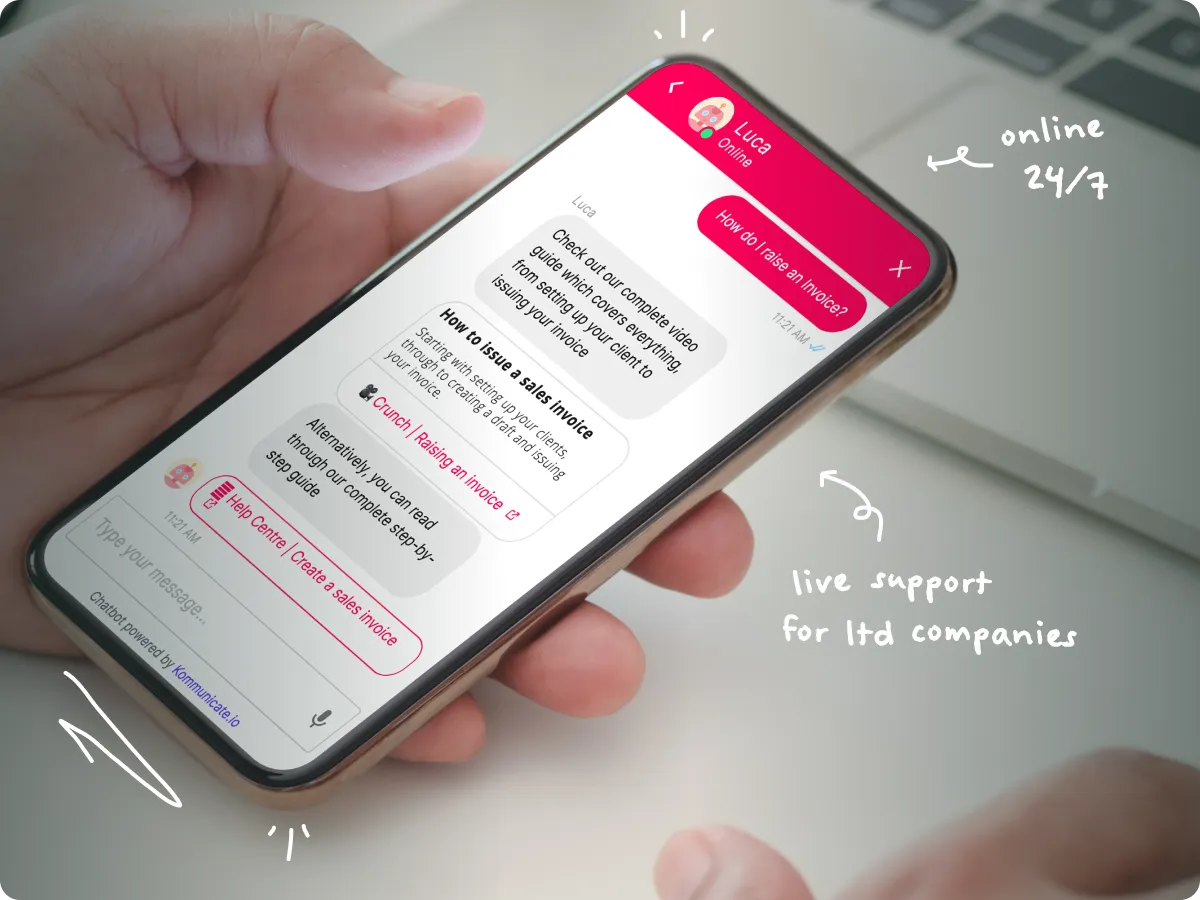Child Benefit is a benefit payable to someone responsible for a child under the age of 16 years, or 20 years if they’re in full-time education. There’s no limit to how many children you can claim for.
There are a few things to be aware of which we’ll take a look at in this article.
You can choose not to receive Child Benefit payments, but you should still fill in the claim form because:
- it will help you get National Insurance credits which count towards your State Pension
- it will ensure your child is registered to get a National Insurance number when they’re 16 years old.
The fixed rate amount for Child Benefit is £21.80 per week for the eldest child and £14.45 per week for any additional children (2022/23 tax year figures).
You may have to pay a tax charge if your (or your partner’s) individual income is over £50,000 per annum. It doesn’t matter if the child living with you is not your own child. The tax charge still applies to the highest earner in the household and is payable through your annual Self Assessment tax return. If you don’t usually submit a return, you need to register for Self Assessment by 5th October following the end of the tax year you need to pay the tax charge.
The tax charge is known as the ‘High Income Child Benefit Charge’ and is equivalent to 1% of the Child Benefit you receive for every £100 of personal income over £50,000.
This means that when either you or your partner are earning £60,000 or over, your child benefit payments are cancelled out by the additional tax paid.
How does the High-Income Child Benefit Charge work?
Here’s an example for the 2022/23 tax year. The example ignores any other taxable income, benefits and allowances you receive as an individual.
If you have three children, you’d be eligible to receive £50.70 in child benefit payments per week (£2,636.40 a year). This income is tax-free as long as you and your partner do not earn over £50,000 individually.
If one of you has annual earnings of £55,000, then that individual’s income exceeds the Higher Income Child Benefit Charge threshold by £5,000. A tax charge of 1% is due on every £100 of income over £50,000. This is calculated as follows:
- £5,000/£100 = 50
- 1% of £2,636.40 (the amount of Child Benefit received) = £26.36
- 50 x £26.36 = £1,318.00
So, in this example, you'll pay tax of £1,318.00 through your annual Self Assessment.
The tax charge is capped at the amount of Child Benefit received. So if you earn over £60,000, you’ll receive a tax charge equal to the amount of Child Benefit paid. In this example the limit of the tax charge is £2,636.40.
Benefits in kind may push you over the £50,000 mark
You need to be careful that benefits in kind declared on your annual P11D return may affect your adjusted net income, and unexpectedly push you over the £50,000 threshold. We’ve written an article, “What are benefits in kind?”, to help you figure out what you’ll need to be aware of.
State pension entitlement
As we’ve already explained, claiming Child Benefit helps you get National Insurance credits which count towards your State Pension entitlement, so it’s usually a good idea to claim Child Benefit in the name of a spouse who earns the lesser amount in a household or who has no income from employment at all.
If a claim is in the name of someone who is in employment or who is the higher earner in a household, the National Insurance credits can still be transferred to their spouse who is earning less or not in employment.
If you earn more than £50,000 and the claim is in your name, meaning you will need to pay the Higher Income Child Benefit Charge outlined above, you can choose not to receive the payments at all but you will still get the National Insurance credits which you can then transfer to your spouse.
.svg)









